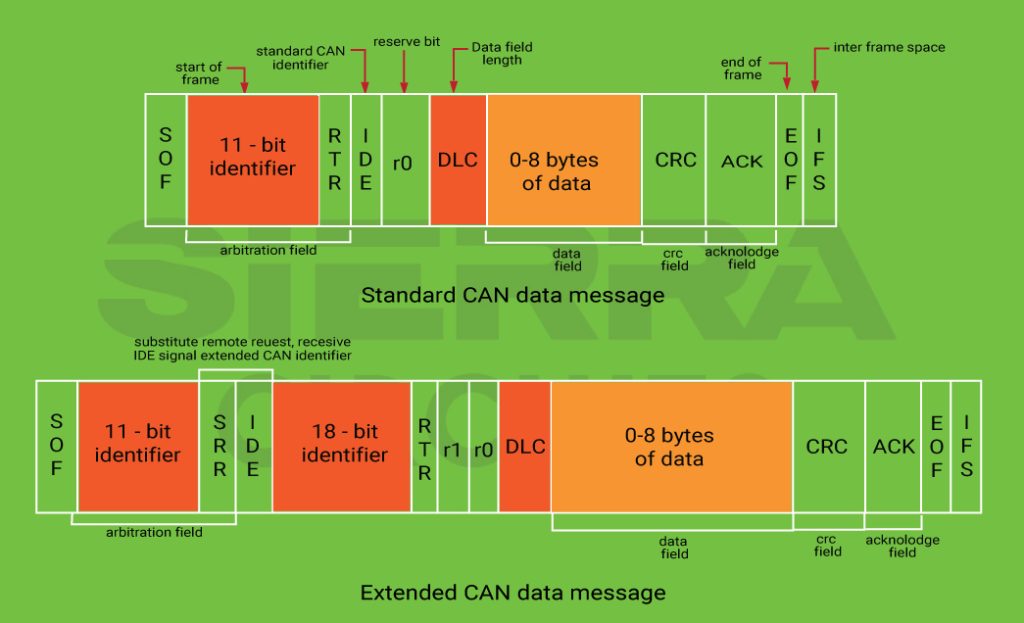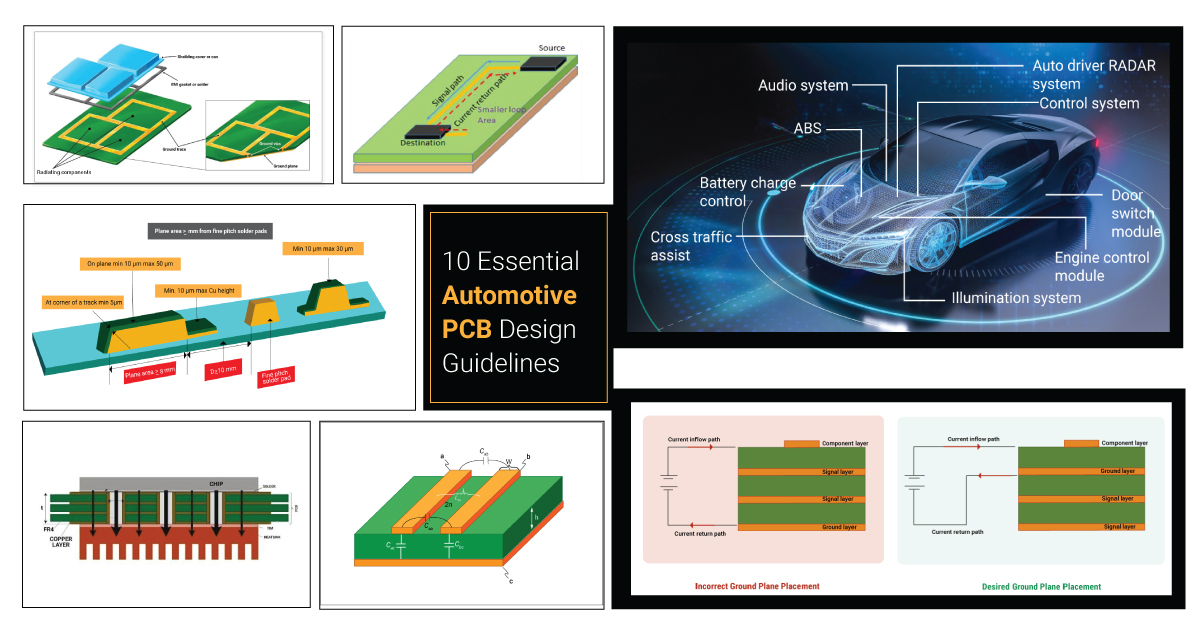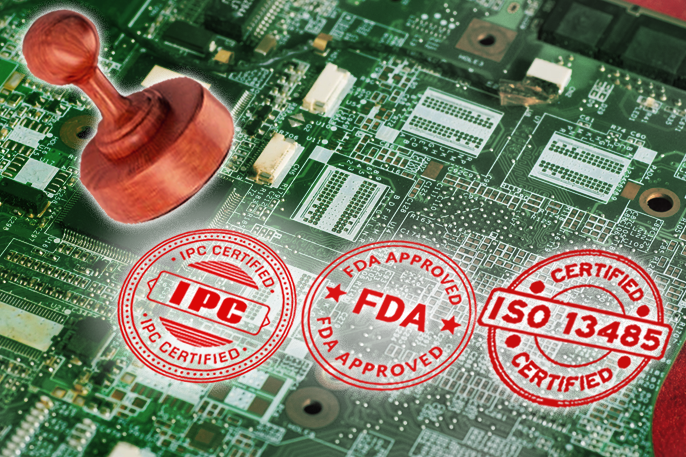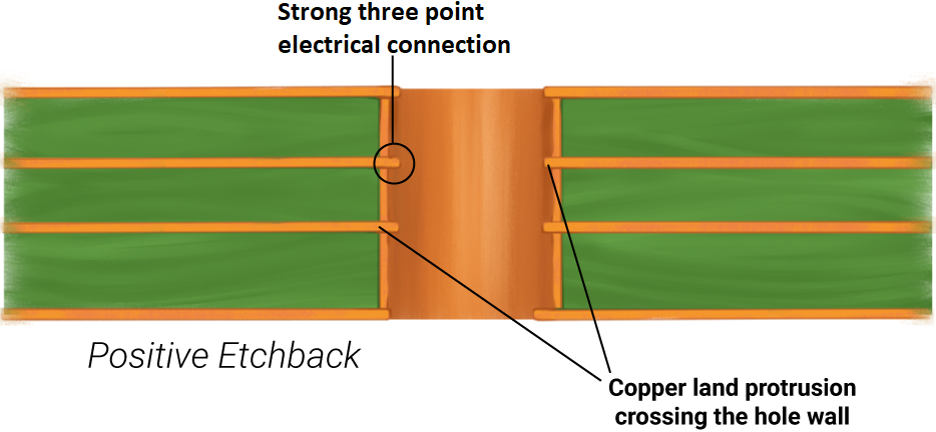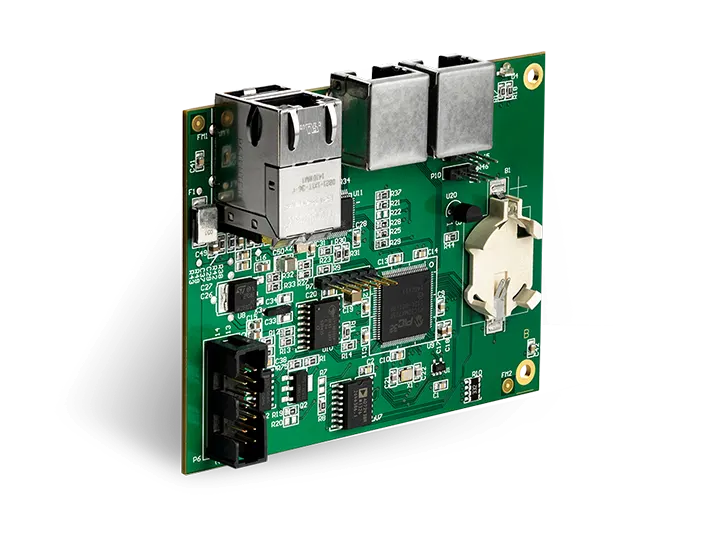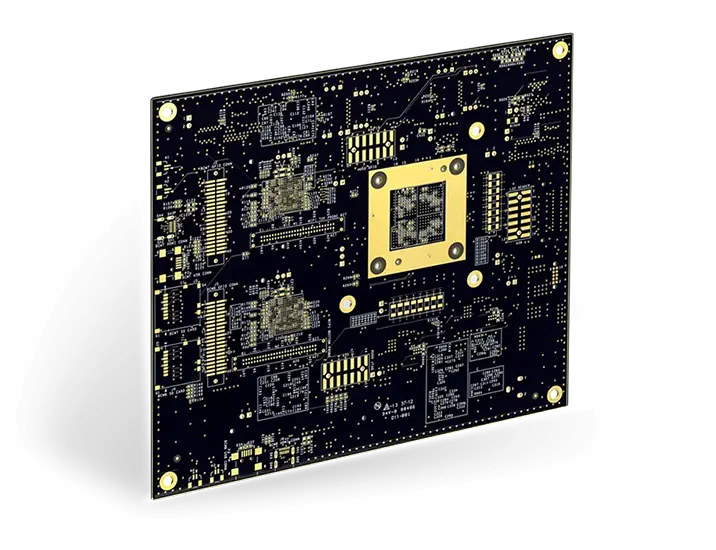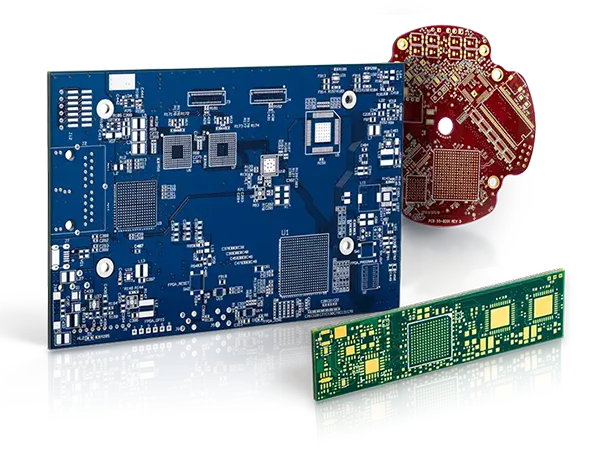Contents

On-demand webinar
How Good is My Shield? An Introduction to Transfer Impedance and Shielding Effectiveness
by Karen Burnham
North America is leading the global connected car market, with the U.S. expected to increase its dominance through 2025.
The global connected car market is expected to witness a CAGR of 21.75% during the forecast period to reach revenue of $156.5 billion by 2025. The global market for connected cars will continue to grow due to integration of the intelligent features in the vehicles and increasing demand for enhanced user comfort, and convenience. You can also read our case study on design of a motor control board.
Policy makers are establishing more coherent regulatory environment to promote connected cars to encourage safety and security, and environmental sustainability on roads. The leading OEMs, tech start-ups, and automotive manufacturers are focusing on enhancing the user driving experience by providing in-car entertainment, safety technologies, streaming media, advanced driver assistance systems, Wi-Fi access, e-call, and other features.
Also read our blog on the LiDAR market.
The ride sharing and mobility services are dependent on the vehicle connectivity and autonomy, location tracking, and vehicle-to-everything or V2X communication, as it helps to respond in an accurate and timely manner. The insurance telematics is playing an important role in fair administration of insurances by monitoring system failures and vehicle performance. It also tracks the driver behavior and reports the details to the insurer. Hence, the growing demand of the insurance telematics and route tracking services are expected to fuel growth of the global connected car market.
However, there are challenges, such as issues with security, privacy, lack of uninterrupted and seamless internet connectivity, and data analytics and aggregation. These are anticipated to limit the usage of the connected cars. Moreover, there are security vulnerabilities in the supply chain due to heavy reliance upon third party suppliers for hardware components, software, and other systems.
The North America region holds a significant share in the global connected car market and is expected to have a sound growth during the forecast period. The growth for the market in the U.S. is due to the technological advances and coherent regulatory environment to promote connected cars to encourage safety and security. The Asia Pacific region is expected to grow at a highest rate in the forecast period principally due to the increasing rise in production of vehicles, and the increase in demand for luxury and comfort in vehicles. In recent years, various countries have started promoting intelligent transportation systems, automated driving technologies, e-call, and smartphone features in the car in order to improve passenger safety.
The global connected car market is consolidated. The key players utilize product differentiation, innovation, geographical expansion, collaborations, mergers and acquisitions, and diversification to capture the market and step up the ladder. The competitive rivalry is medium in the connected car market. The key players include Continental, Visteon, Airbiquity, HARMAN, Robert Bosch GmbH, Tesla, Sierra Wireless, Ford Motor Company, Audi AG, and BMW Group among others.






